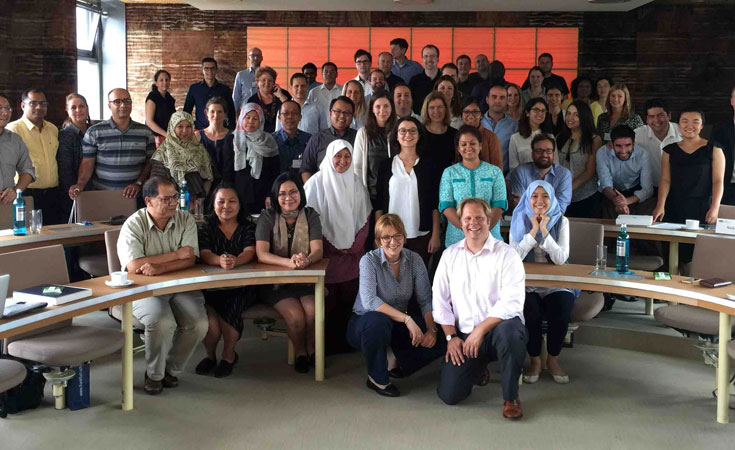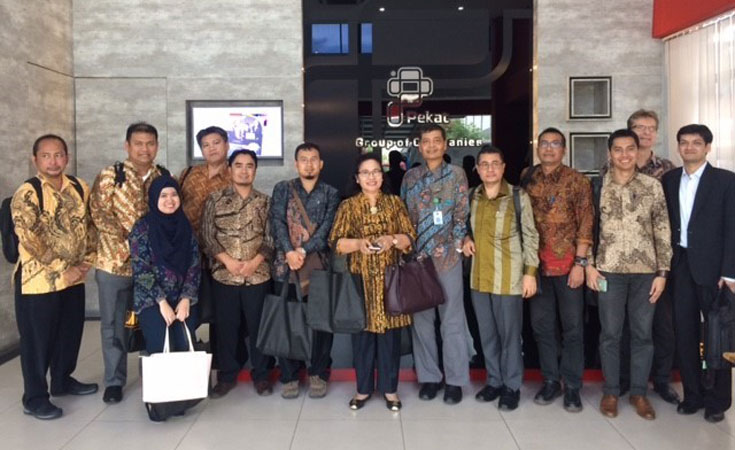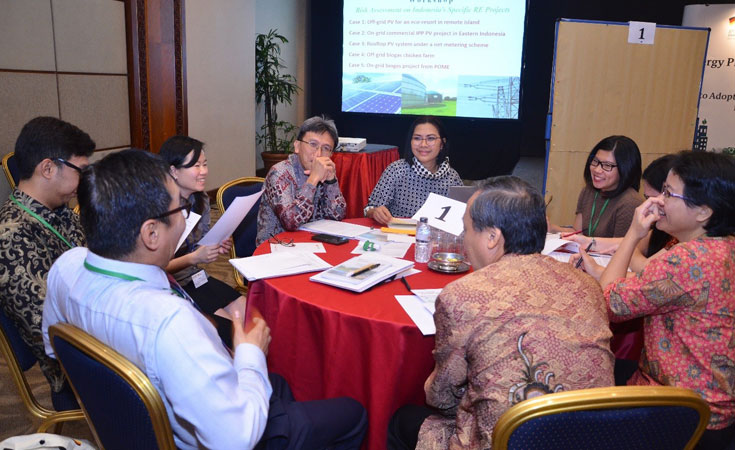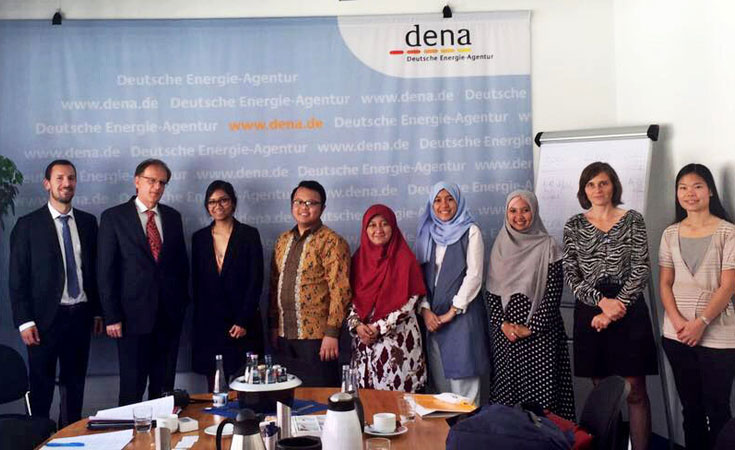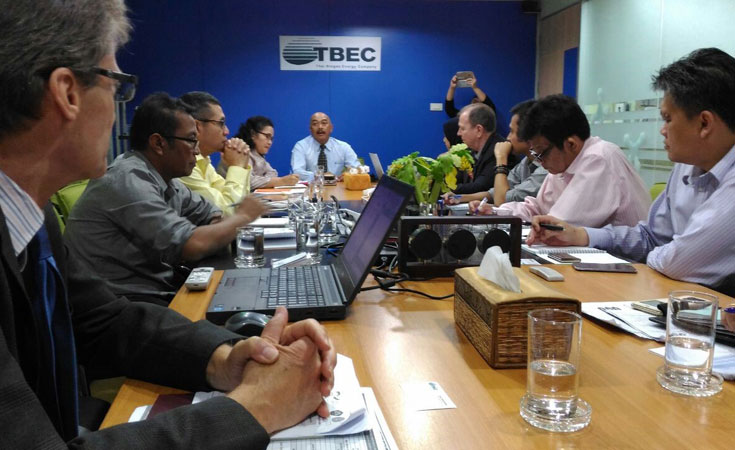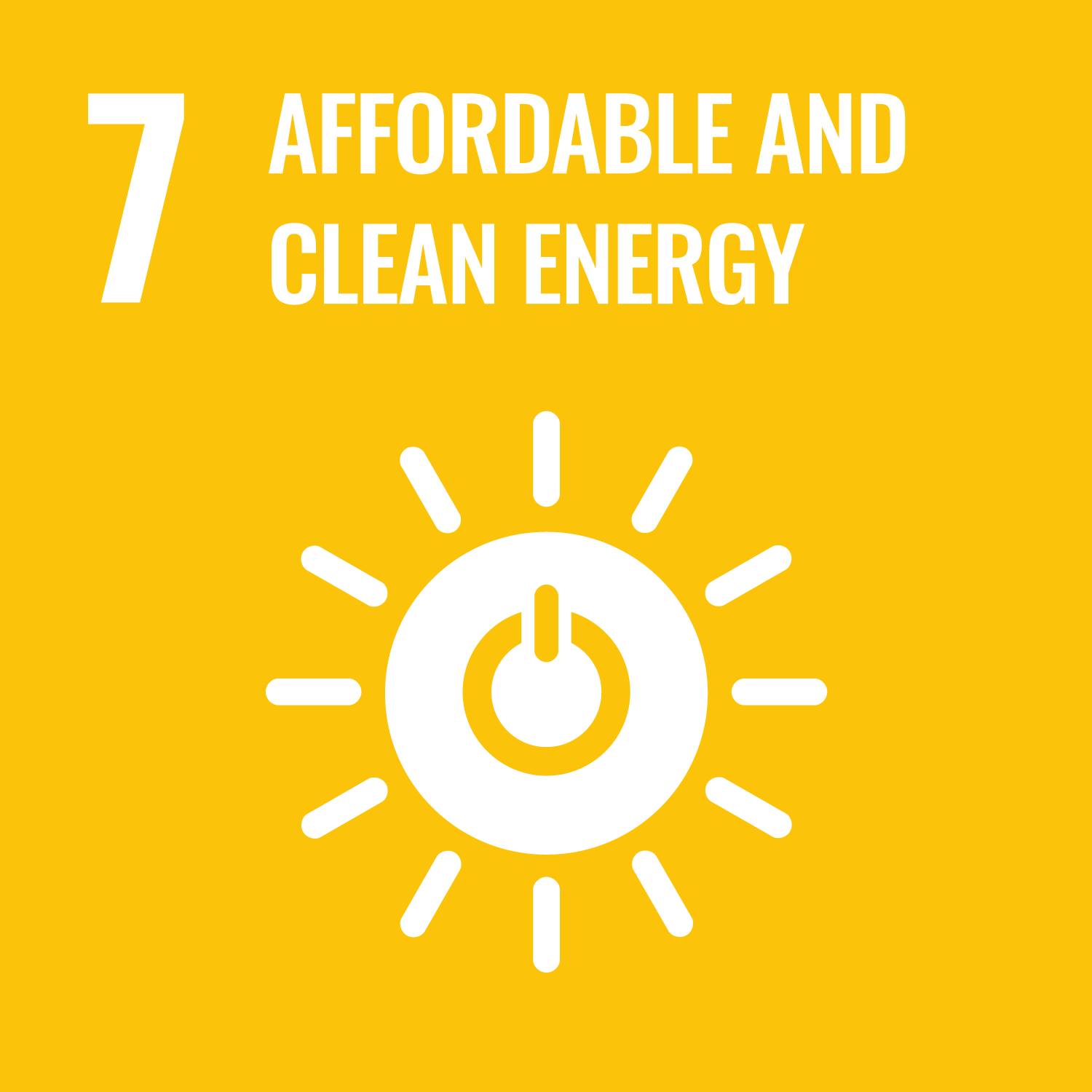Promotion of Least Cost Renewables in Indonesia
Objective
- The Government of Indonesia is enabled to develop practi-cal policies and promote programs to increase the use of renewable energy and thereby effectively contribute to the national climate change strategy.
Description
As the world’s largest archipelago with around 17,000 islands,
Indonesia is blessed with abundant renewable energy sources. However, power generation is still heavily dominated by the use of fossil fuels, leading to a strong dependency on fuel imports and to high greenhouse gas emissions. As such, In-donesia needs decentralised, innovative and cost-efficient solutions to tackle the increase in energy consumption. In large parts of the country, the use of hydropower, bioenergy solutions or the application of PV technologies are feasible and cost-efficient alternatives to conventional energy sources.
Field of intervention
- Studies in three selected application areas provide a realis-tic assessment of the technical and economic potential of renewable energy and the associated CO2 reduction potential and demonstrate approaches to how it can be expanded further.
- Pilot projects in three application areas demonstrate the feasibility of the applied technologies and business models.
- Through seminars and training measures the relevant public and private decision-makers and stakeholders are informed of the results of studies and pilot projects, become familiar with renewable energy technologies and business models and thereby can identify their potential.
- Action plans and best practice guidelines for the dissemination of demonstrated technologies and business models are developed in collaboration with public and private actors.
- A monitoring and evaluation system is established in NREEC, which contributes to continuous improvement of policies, guidelines and support programs, and incorporate the results into the development of a Monitoring Reporting Verification (MRV) system for the energy sector in Indonesia.
Achievements
At the end of the project’s 4 years period, LCORE will have conducted studies which identify the technical and econom-ic potential of the three main application areas. Together with private sector partners, at least one pilot project in each application area is implemented and more potential pilot projects are identified with a total reduction potential of 200,000 tons of CO2 per year. The project will also have introduced a monitoring, reporting and verification (MRV) system for bioenergy plants at DG NREEC that could lead to measureable share of renewable energy production and greenhouse gas emission reductions. Last but not least, the project is expected to enable DG NREEC to harness Indo-nesia’s energy potential using least-cost approaches.
Publications/Knowledge Products
- LCORE Resource Bank
- Case Study: Solar Ice Making Energy Efficiency and Solar PV concepts
- Assessment of Photovoltaic Application on 10 GT Fishing Vessel
- Overview of the Waste-to-Energy Potential for Grid-connected Electricity Generation (Solid Biomass and Biogas) in Indonesia
- Final Report Overview of Diesel Consumption for Captive Power in Indonesia
- LCORE Factsheet Using Solar PV in Indonesia’s Tourism Sector
- LCORE factsheet Solar Ice Making
- LCORE Factsheet Fuel Savings through Heat Recovery in the Tapioca industry
- Energetic Use of Palm Oil Residues in Indonesia and Thailand
- LCORE Factsheet Bioenergy activities
- Diesel-Fuel Replacement: Potential Analysis for Grid-Connected Photovoltaic-Systems in Indonesia
- Grid-connected Biomass & Biogas Power Investment in Indonesia: Barriers and Policy Options
- Annual Report 2014 Promotion of Least Cost Renewables in Indonesia (LCORE-INDO)
- Climate and Biodiversity Protection in Indonesia
COUNTRY
Indonesia
DURATION
28 February 2012 - 31 December 2018
